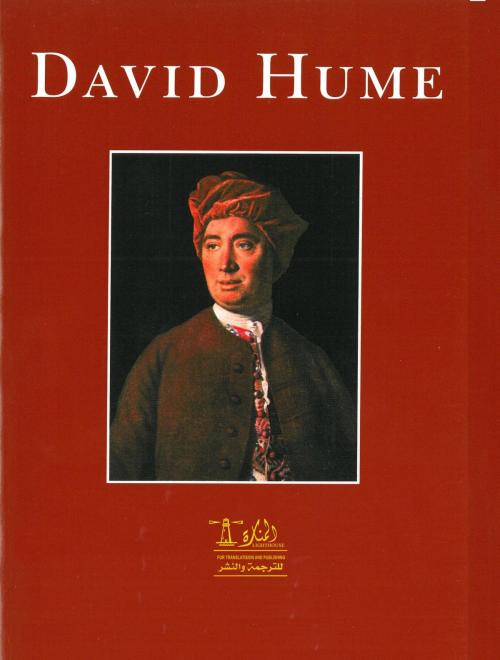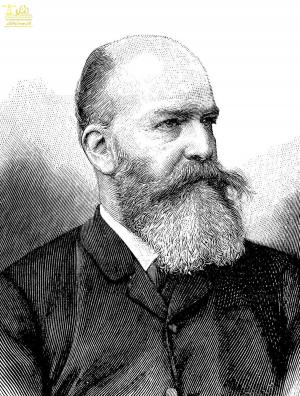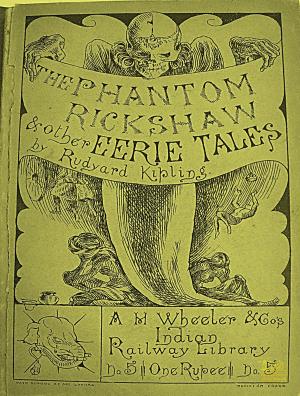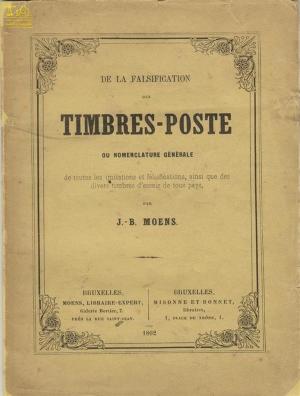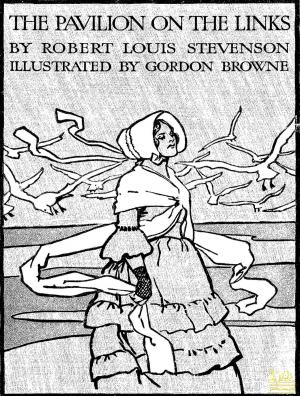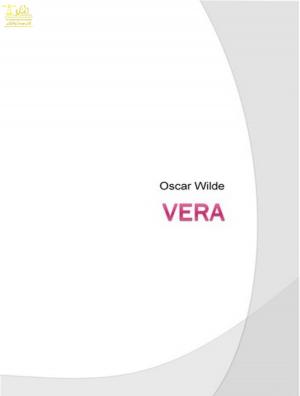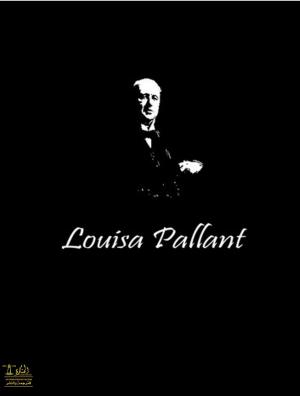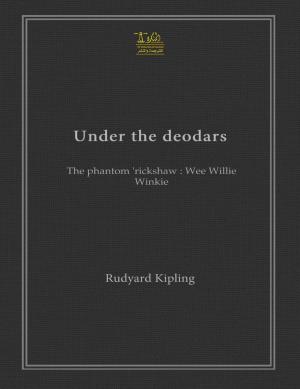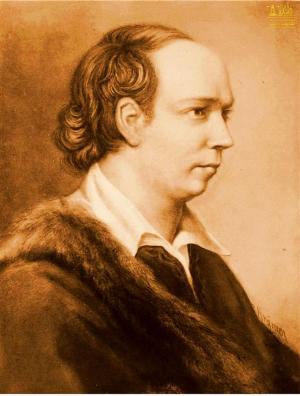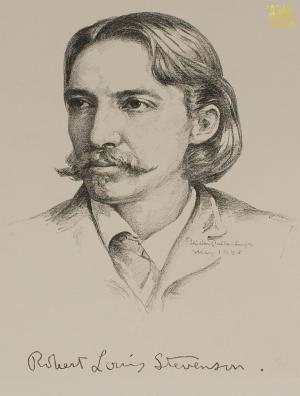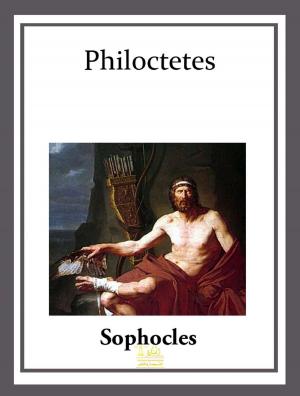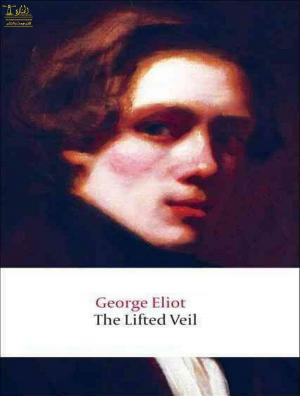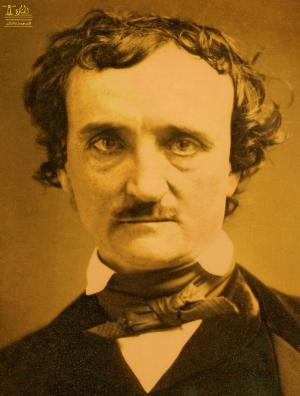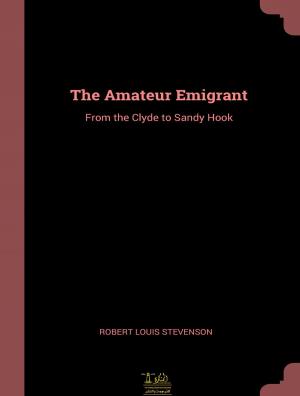| Author: | David Hume, Luka Reid | ISBN: | 9783593301952 |
| Publisher: | Lighthouse Books for Translation Publishing | Publication: | March 8, 2019 |
| Imprint: | Lighthouse Books for Translation and Publishing | Language: | English |
| Author: | David Hume, Luka Reid |
| ISBN: | 9783593301952 |
| Publisher: | Lighthouse Books for Translation Publishing |
| Publication: | March 8, 2019 |
| Imprint: | Lighthouse Books for Translation and Publishing |
| Language: | English |
Essays on Moral, Political and Literary Issues
David Hume, (born May 7 [April 26, Old Style], 1711, Edinburgh, Scotland—died August 25, 1776, Edinburgh), Scottish philosopher, historian, economist, and essayist known especially for his philosophical empiricism and skepticism.
Hume conceived of philosophy as the inductive, experimental science of human nature. Taking the scientific method of the English physicist Sir Isaac Newton as his model and building on the epistemology of the English philosopher John Locke, Hume tried to describe how the mind works in acquiring what is called knowledge. He concluded that no theory of reality is possible; there can be no knowledge of anything beyond experience. Despite the enduring impact of his theory of knowledge, Hume seems to have considered himself chiefly as a moralist.
The moral sense school reached its fullest development in the works of two Scottish philosophers, Francis Hutcheson (1694–1746) and David Hume (1711–76). Hutcheson was concerned with showing, against the intuitionists, that moral judgment cannot be based on reason and therefore must be a matter…
Early life and works
Hume was the younger son of Joseph Hume, the modestly circumstanced laird, or lord, of Ninewells, a small estate adjoining the village of Chirnside, about nine miles distant from Berwick-upon-Tweed on the Scottish side of the border. David’s mother, Catherine, a daughter of Sir David Falconer, president of the Scottish court of session, was in Edinburgh when he was born. In his third year his father died. He entered Edinburgh University when he was about 12 years old and left it at 14 or 15, as was then usual. Pressed a little later to study law (in the family tradition on both sides), he found it distasteful and instead read voraciously in the wider sphere of letters. Because of the intensity and excitement of his intellectual discovery, he had a nervous breakdown in 1729, from which it took him a few years to recover.
Essays on Moral, Political and Literary Issues
David Hume, (born May 7 [April 26, Old Style], 1711, Edinburgh, Scotland—died August 25, 1776, Edinburgh), Scottish philosopher, historian, economist, and essayist known especially for his philosophical empiricism and skepticism.
Hume conceived of philosophy as the inductive, experimental science of human nature. Taking the scientific method of the English physicist Sir Isaac Newton as his model and building on the epistemology of the English philosopher John Locke, Hume tried to describe how the mind works in acquiring what is called knowledge. He concluded that no theory of reality is possible; there can be no knowledge of anything beyond experience. Despite the enduring impact of his theory of knowledge, Hume seems to have considered himself chiefly as a moralist.
The moral sense school reached its fullest development in the works of two Scottish philosophers, Francis Hutcheson (1694–1746) and David Hume (1711–76). Hutcheson was concerned with showing, against the intuitionists, that moral judgment cannot be based on reason and therefore must be a matter…
Early life and works
Hume was the younger son of Joseph Hume, the modestly circumstanced laird, or lord, of Ninewells, a small estate adjoining the village of Chirnside, about nine miles distant from Berwick-upon-Tweed on the Scottish side of the border. David’s mother, Catherine, a daughter of Sir David Falconer, president of the Scottish court of session, was in Edinburgh when he was born. In his third year his father died. He entered Edinburgh University when he was about 12 years old and left it at 14 or 15, as was then usual. Pressed a little later to study law (in the family tradition on both sides), he found it distasteful and instead read voraciously in the wider sphere of letters. Because of the intensity and excitement of his intellectual discovery, he had a nervous breakdown in 1729, from which it took him a few years to recover.
